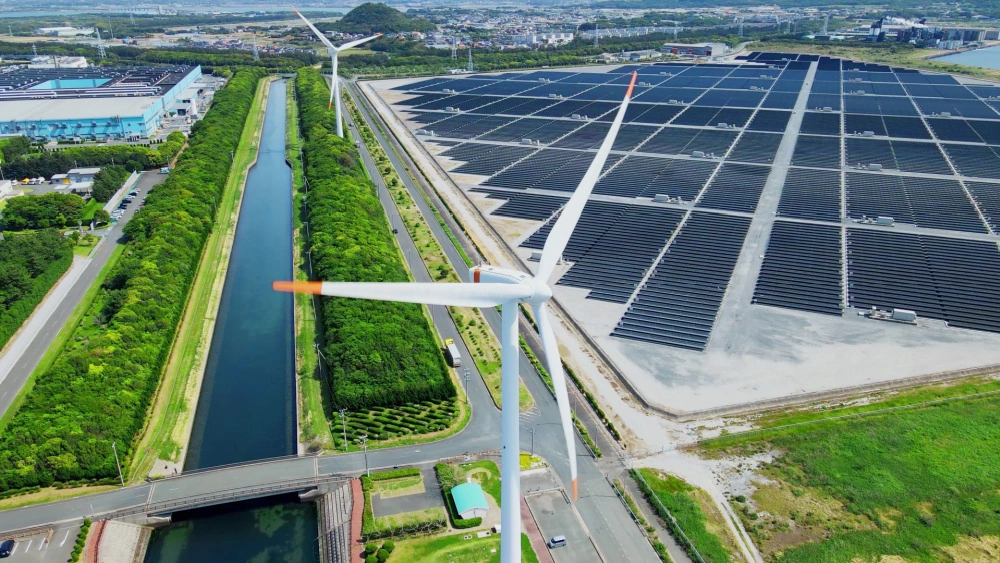- management of debris in outer space;
- in-orbit servicing or maintenance or manoeuvring of satellites (including inspections, refuelling, repair or relocation services);
- the provision of satellite communication links;
- operating or maintaining the capability of secure infrastructure related to “space activity” or “sub-orbital activity”;
- the manufacture or testing of spacecraft, launch vehicles, satellites planetary probes, orbital stations, or ground support equipment (in each case including the component parts or materials used);
- the use of space-derived data for a defence purpose;
- the operation or control of infrastructure (both hardware and software);
- the provision or processing of “space situational awareness data” for sub-orbital activity, orbital activity, or a defence purpose.
How does the NSI Act 2021 affect the space and satellite sector?

By John Catchpole, Karl Bradford
28 Apr 2022 | 1 minute read
The National Security and Investment Act 2021 (the "NSI Act") came into force on 4 January 2022, but with the power to be relevant to transactions completed since 12 November 2020. Here, we take a look at how and why the Act affects the satellite and space sector.
For a more detailed look at what the Act is, the initial questions to ask when establishing whether a mandatory notification is required and the effect on other sectors, read our related article here.
A 'high risk' sector?
The satellite and space sector has been specifically identified by the UK government as an area that is deemed "high risk" from a national security perspective. Transactions in the sector are therefore highly likely to be subject to significant scrutiny.
It will be important for those involved in transactions to look closely at the target's business and analyse whether the activities fall within the definitions set out in the "satellite and space" sector or other sectors that may be relevant. In our experience of the sector, these could also include activities in "advanced materials", "advanced robotics", "artificial intelligence", "computing hardware", "critical suppliers to government", "defence", "military and dual-use" and "quantum technologies".
Key questions
In considering the "satellite and space" sector, the key question is whether the qualifying entity carries on activities that include operating, developing, producing, creating or using facilities including:
Examples for satellite/space related businesses to consider
Operators and downstream businesses will appreciate the relatively wide definition of the activities in this sector, as the above list is not exhaustive. Operators will therefore need to consider the implications of the NSI Act when it comes to the chosen legal structure for the operation.
The following three examples demonstrate how businesses, which may not be expected to fall under the remit of the NSI Act, could in fact fall within its scope:
The sale, purchase or reorganisation of a business.
Any business which may produce, assemble, invent, or simply put together components that are used in the satellite and space sector, are, on the face of it, likely to fall within the scope of the NSI Act (whether or not those components actually make it into space or not). The reorganisation of a business may inadvertently trigger a notification requirement even if the ultimate owner does not change.
Users of downstream space data
This could include businesses using any manner of downstream space/satellite data, such as emissions monitoring, satellite communication or navigation, or even the monitoring of marine litter (such as that performed by ARGANS in Plymouth), or the monitoring and mapping of the fires on Saddleworth Moor (conducted by the UK Space Agency). While such applications of space data may not at first instance seem to fall within the defined scope, due to the broad nature of the NSI Act, transactions involving such entities or assets could be called-in by the UK government if there is a perceived national security risk. Users of such data who have contracts with the UK government may well be subject to a mandatory notification if the use of the data relates to “defence” purposes.
Land transactions near spaceports
While not immediately evident, the sale or purchase of land near to or adjacent to spaceports may raise national security concerns for the UK government and so they could call-in the transaction. As a result, the parties may wish to make a voluntary notification for deal certainty.
What should you be doing?
If there are any elements of a transaction that may fall within the NSI Act regime then it is important to act quickly to establish the facts through carrying out enhanced due diligence. If the NSI Act regime could apply then this will have an impact the legal documentation and proposed timescales. We know from experience that the Information Security Unit at the Department for Business, Energy and Industrial Strategy, tasked with regulating the new framework, is responsive, but that fact remains the NSI Act could add a layer of complexity to a transaction, which then requires diligent action and time to resolve.
If you have any doubt regarding any completed or live transactions, then please contact our specialist teams who will be able to guide you through the new regime.













